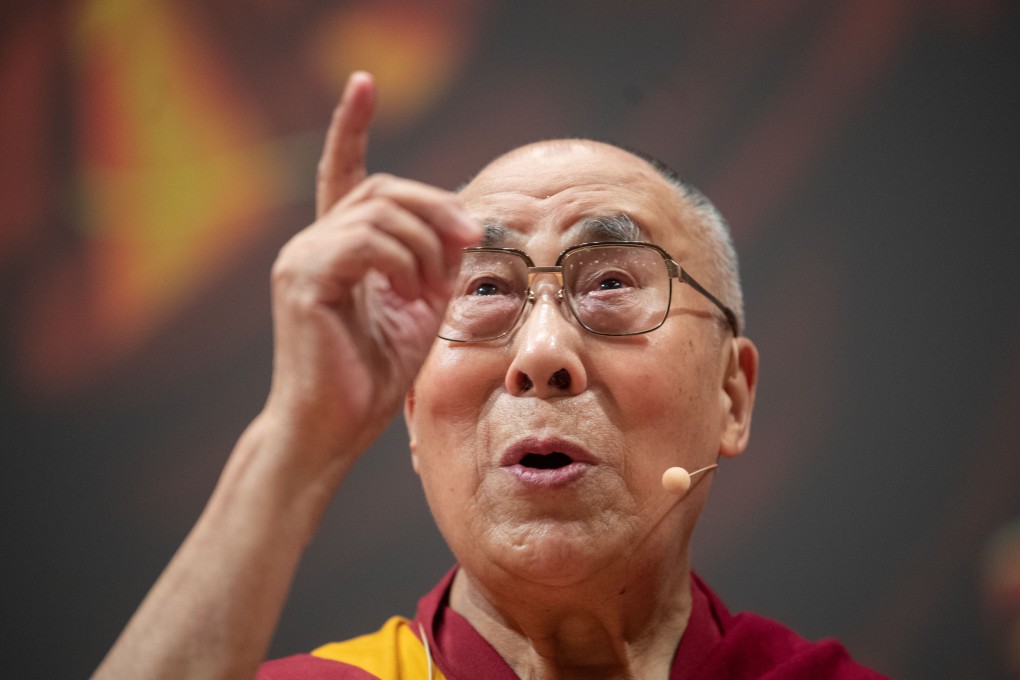More than 100 Nobel Prize winners accuse China of ‘bullying’ after effort to stop Dalai Lama and pro-Taiwan independence chemist from speaking at summit
- US National Academy of Sciences confirms Chinese embassy in US asked it to ban the Tibetan spiritual leader and scientist Lee Yuan-tseh from Nobel Prize Summit
- Statement signed by past laureates says they are ‘outraged’ at Beijing’s attempt to censor an event held outside China

“We Nobel Laureates are greatly concerned about a series of incidents that occurred before and during the Nobel Prize Summit,” said the statement published online on Wednesday.
The signatories included past winners in all categories, including dozens of scientists and high-profile figures such as the economist Joseph Stiglitz and literature laureates including JM Coetzee and Wole Soyinka.
According to the statement, the Chinese embassy in Washington made repeated requests that the two be removed from the list of speakers at the event held in late April.
A spokesman for the US National Academy of Scientists, which organised the event with the Nobel Foundation, confirmed that the embassy had phoned a senior official at the academy in March and April, and sent an email repeating the demand a day before the summit.